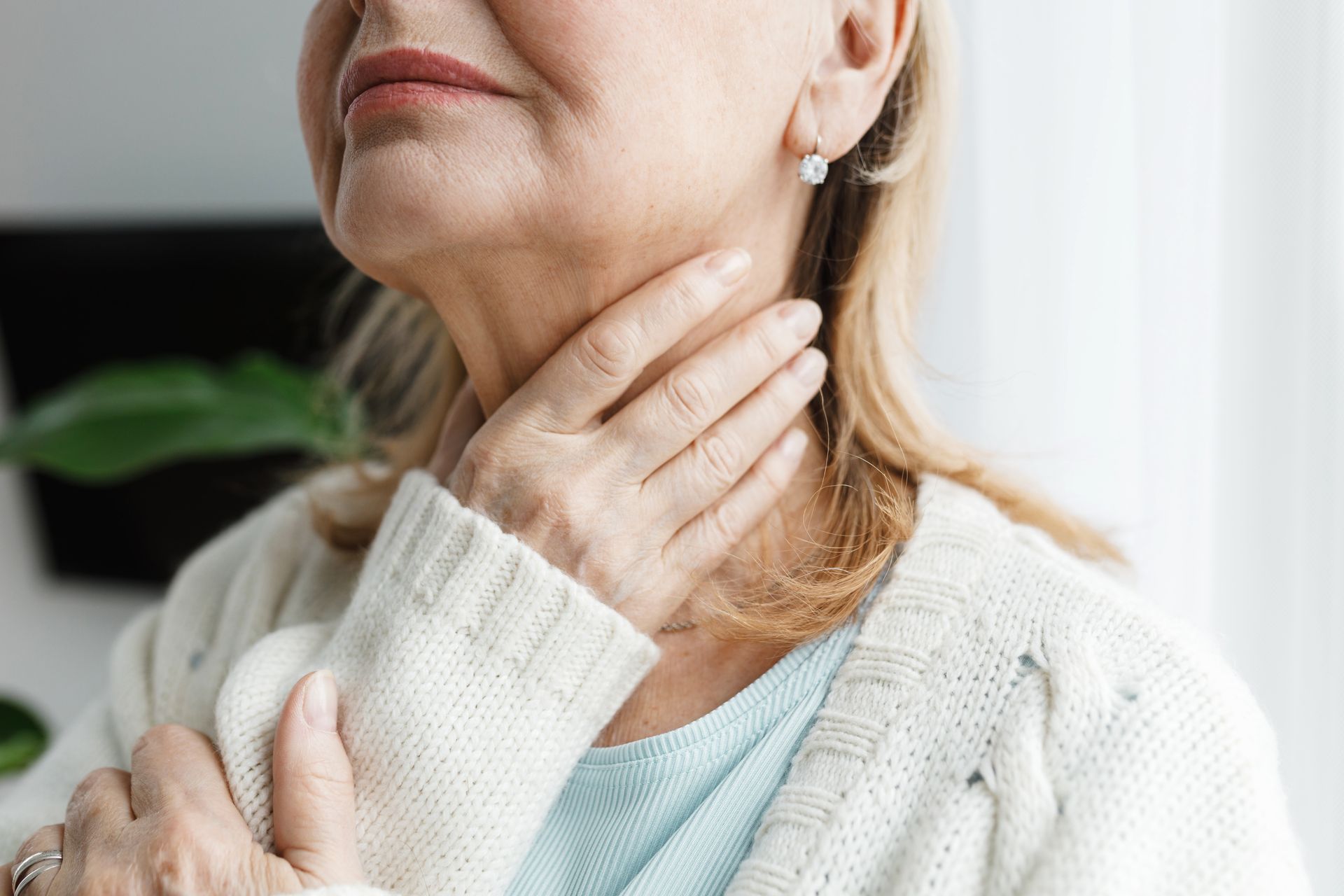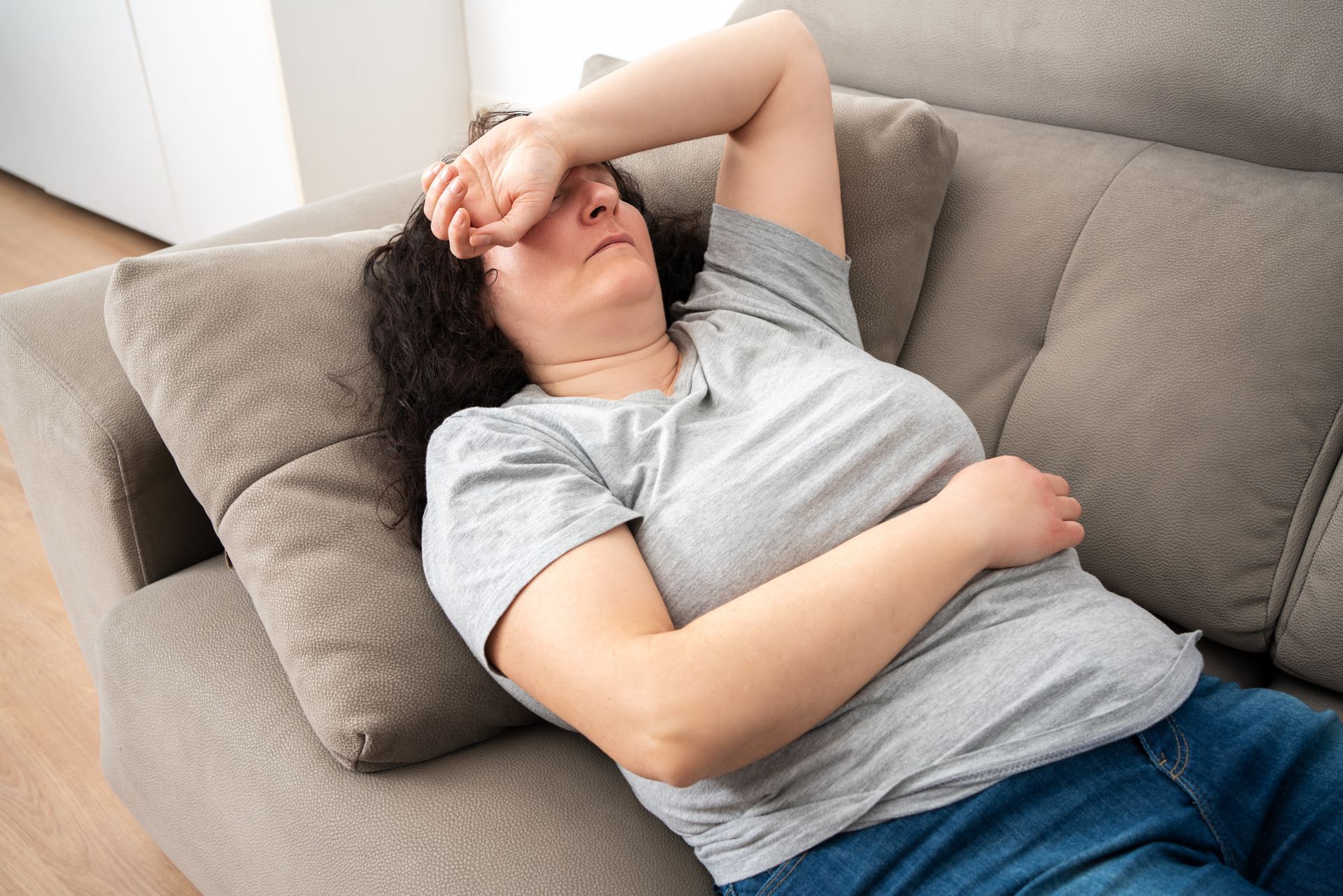Will Testosterone Therapy Make Me Angry?

Millions of people—such as bodybuilders and cheating athletes—enhance their natural testosterone levels to boost their muscle mass, confidence, energy, and performance. When used this way, without proper medical supervision, testosterone has been linked to unwanted side effects such as mood swings and aggressive “roid rage.”
The Testosterone-Aggression Link: Not So Simple
Is this connection real, or is the idea of “roid rage” more myth than reality? That question is the subject of much research , but contrary to popular belief, TRT often improves mood in men with low testosterone. Studies have shown that testosterone replacement can reduce negative mood states related to fatigue, depression, and low self-esteem. For many men, TRT leads to an overall improvement in well-being rather than increased irritability or anger. The phrase “roid rage” was coined a few decades ago based on some isolated incidents but is not a medically established diagnosis.
In this blog post, we’ll explain why balanced testosterone levels are important for both men and women. We’ll also explain that men who are diagnosed with low testosterone levels (“low T”) need not be hesitant about undergoing medically monitored testosterone replacement therapy at any of Rejuvime Medical’s clinics in the New Orleans and Baton Rouge areas.
What Is Testosterone’s Function?
Testosterone is the primary male sex hormone, but it’s also present at lower levels in women. Normal testosterone levels are important for the health of both men and women, but concerns about low T are linked more to a man’s overall well-being. Testosterone in men is closely associated with muscle mass, energy levels, sex drive, hair on the face and body, and mood. Testosterone levels naturally fall as men age, especially after age 30.
Those levels often fall enough to cause a range of symptoms that can be alleviated with testosterone replacement therapy.
Low T Symptoms
Mood changes and depression are among the symptoms experienced by men with low testosterone levels, which is why it’s important to look past the headlines regarding “roid rage” and recognize the benefits of hormone replacement therapy.
Other symptoms can include:
- Trouble sleeping
- Lack of energy
- Reduced strength
- Belly fat
- Low libido
Most men with low T experience a mix of these symptoms and can benefit from therapy to bring testosterone levels back to a normal range.
Are There Side Effects?
Side effects may occur when anyone is on a hormone replacement therapy program , but they are largely avoided when experienced specialists medically supervise the therapy. We thoroughly explain the possible side effects to all patients prior to beginning hormone replacement therapy, including specific things associated with testosterone replacement therapy patients. For example, we point out that if a patient does start to experience moodiness or agitation, it’s important to notify the provider because it may be related to an estrogen imbalance.
The most important takeaway from this blog post is that anyone taking anabolic steroids or other types of performance-enhancing drugs without medical supervision risks developing a number of negative side effects, including heightened aggression. When administered under proper medical supervision, TRT is unlikely to cause significant mood changes or increased anger. Regular monitoring of hormone levels and adjustment of dosage, as needed, helps ensure that testosterone levels remain within a healthy range.
If you think you may have low testosterone levels, a hormone specialist at Rejuvime can discuss your symptoms and concerns. Please request a consultation using the online form or call us at (225) 960-1580 to schedule an appointment. You can also visit us at one of our locations in Baton Rouge, Metairie, Shreveport, Slidell, or Houma, LA.
Updated August 2024
The post Will Testosterone Therapy Make Me Angry? first appeared on Rejuvime Medical.
Get in Touch
Questions? Contact us today by phone or book an appointment online.
Questions? Call our office:
(225) 228-3128





